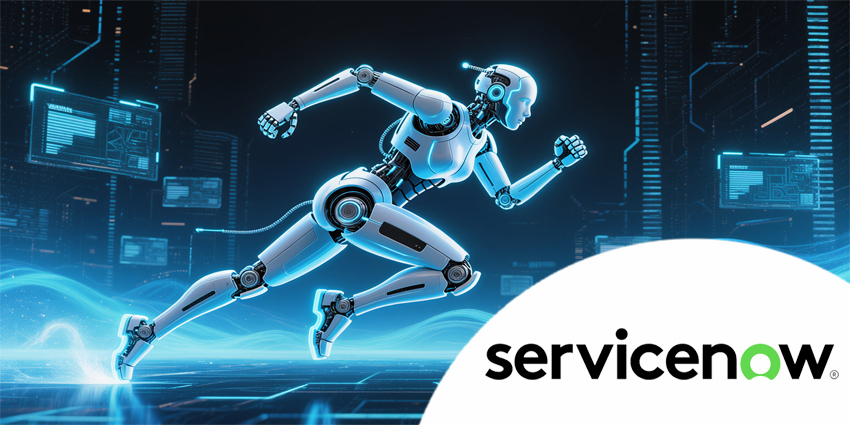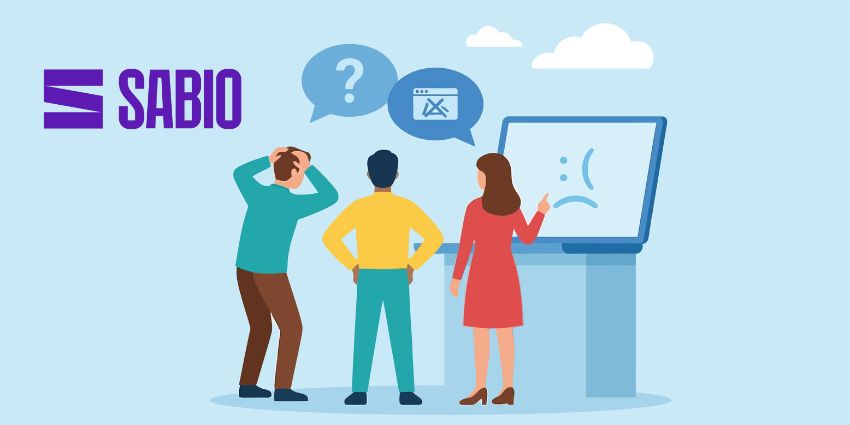AI is already transforming how customer support teams work, and has been doing so with chatbots since before large language models (LLMs) were widely available.
But what’s coming next is bigger than just faster answers or smarter chatbots.
Speaking to CX Today, John Burghart, Managing Director at Deepdesk, explained: “We’re entering the era of agentic AI, where AI isn’t just assisting agents, but beginning to act more independently, with humans still in the loop.”
Deepdesk sees this as an evolution happening in three phases:
- The Current State: AI Tools Assisting Humans
Most contact centers today are using AI to support their agents, not replace them. Tools like real-time knowledge assist, summarization, and sentiment detection are helping human agents work faster and more efficiently.
For example, if a customer asks whether their bike insurance applies abroad, AI can instantly search through policy documents and bring the answer to the agent.
“It’s fast, accurate, and removes the need for agents to dig through multiple systems during a call.”
In many cases, AI is even completing small tasks in the background, like updating addresses in Salesforce or retrieving package tracking info, while the agent stays focused on the conversation. The agent is still in control of what the customer sees and hears.
- The Next Phase: AI and Humans Working Side by Side
Some contact centers have grown more confident in the quality of AI outputs, therefore “we’ll continue seeing a shift with more and more collaborative models,” said Burghart.
In this current stage, AI handles more complex tasks, while agents focus on nuance, empathy, and higher-stakes interactions.
Think of it as a flexible partnership. Depending on the industry or specific task, companies are now deciding how much work the AI handles vs. how much stays with the human.
A financial services company may lean more cautiously, while a retail brand might move faster into automation.
“This stage also introduces AI orchestration, where different AI tools, platforms, and systems work together to complete end-to-end workflows,” Burghart explained. “Deepdesk is already playing a key role here, acting as the connective layer that coordinates actions across your tech stack.”
- The Horizon: Fully Agentic AI (with oversight)
The general consensus from the sector is, ‘We’re getting close to a future where AI can manage entire conversations autonomously, resolving high-volume, routine inquiries. But we’re not quite there yet.’
Deepdesk adheres to this principle. Burghart told CX Today: “Even as AI becomes more capable, the human agent will still have a role, as a supervisor.”
“Just like a contact center manager might monitor calls and step in when needed, future human agents will oversee multiple AI agents.”
In this scenario, they’ll receive alerts when sentiment drops, when the conversation goes off track, or when escalation is needed.
This model ensures that AI can scale support without sacrificing quality or oversight. For certain high-value customers or emotionally complex situations, human agents will always be preferred.
What This Means for Your Contact Center
Agentic AI is not about replacing humans. It’s about building a smarter, more scalable system in which AI handles the heavy lifting and humans bring the context, empathy, and judgment.
In addition, it’s about AI and humans working collaboratively, side by side, and strengthening each other’s capabilities.
“Deepdesk is designed to support this transition, from basic assistive tools today to fully orchestrated, agentic systems tomorrow,” Burghart said.
“We meet you where you are and help you move at the right pace for your business.”
To find out more about how Deepdesk can help on your journey, visit their page.






